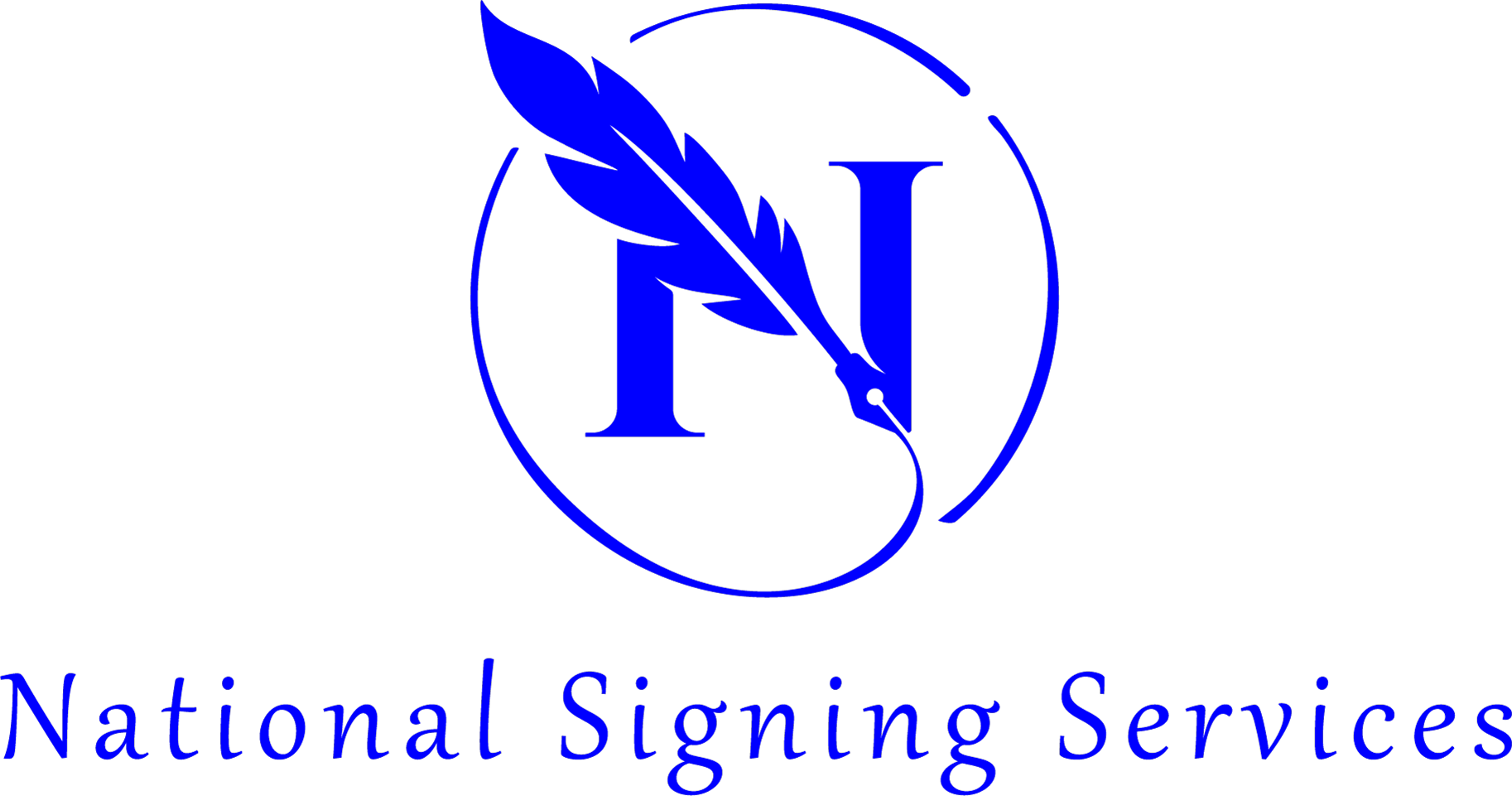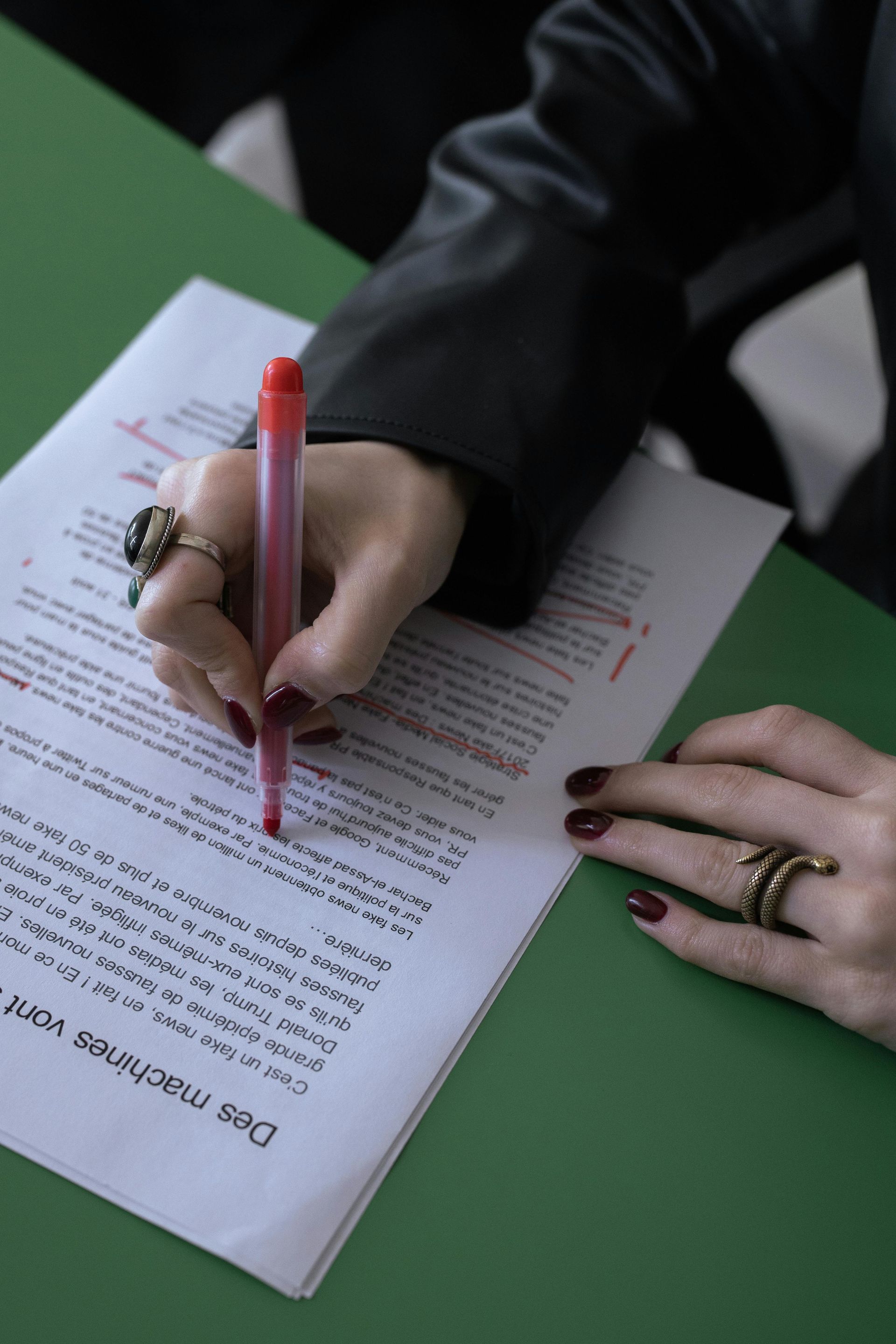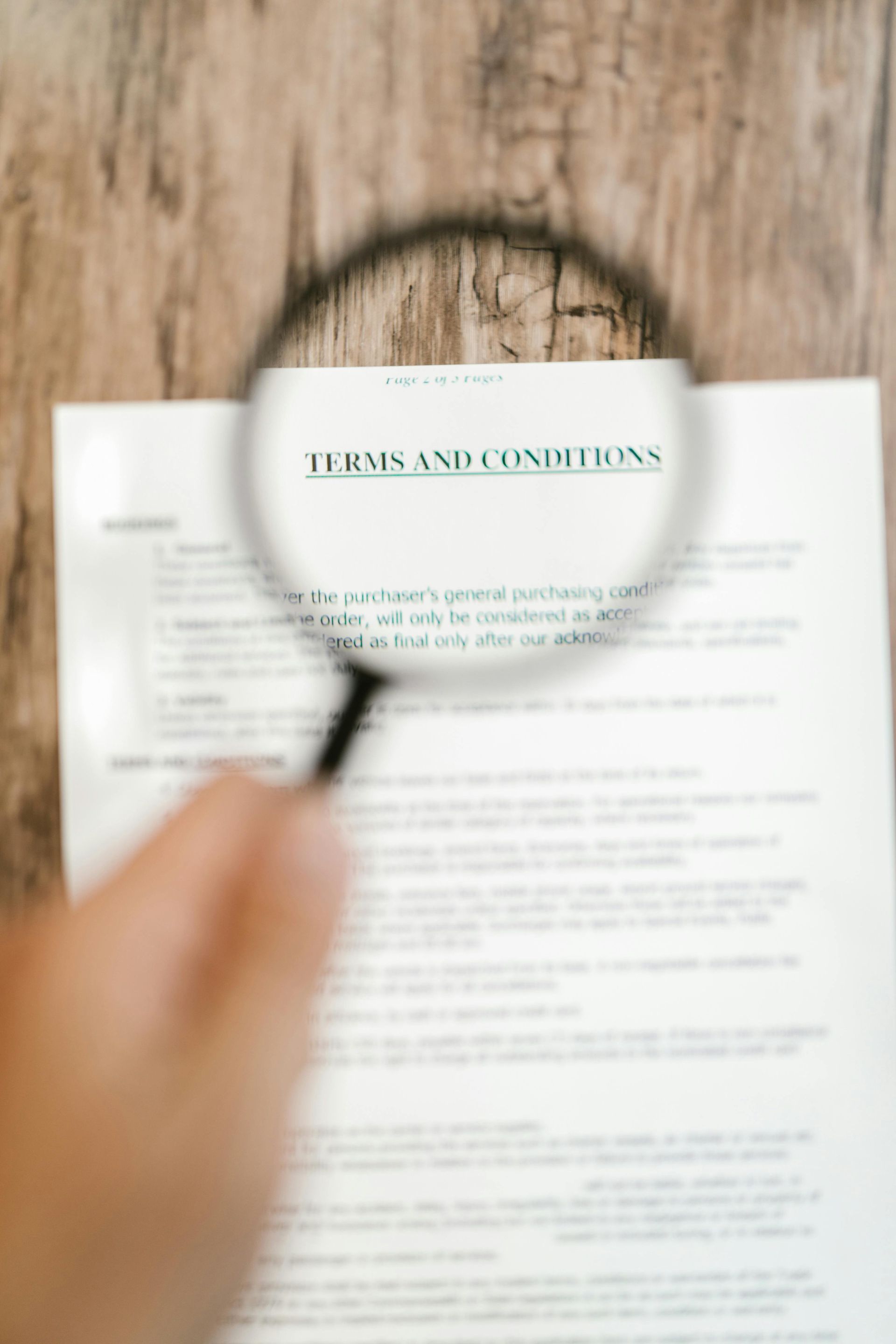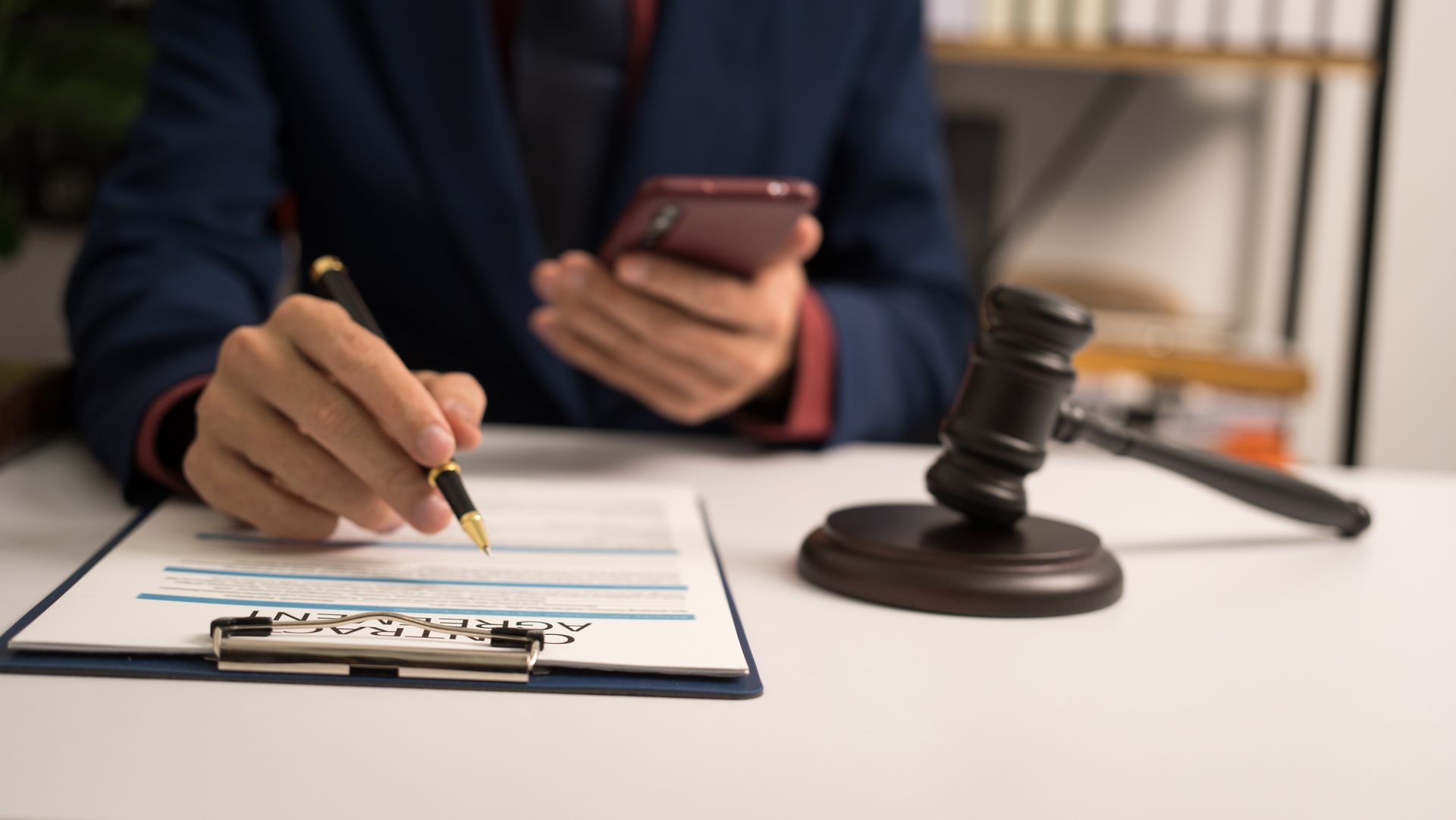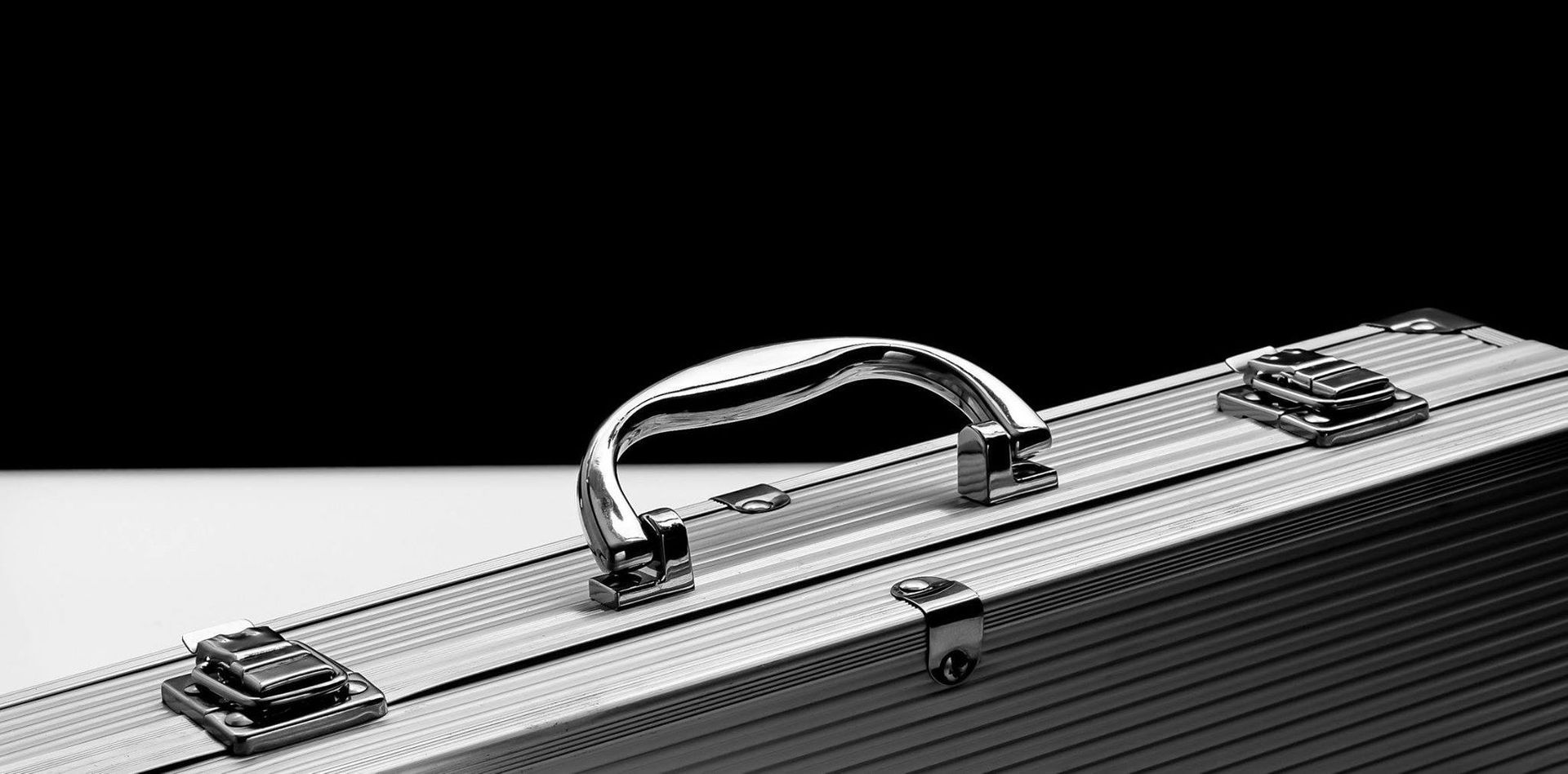Legal Document Notarization: A Complete Guide
Navigating the world of legal document notarization can seem daunting, but it doesn’t have to be. Knowing the ins and outs of notarization is essential for ensuring your documents are legally binding and secure. In this guide, we’ll cover everything you need to know—from the fundamental steps to the key benefits of this important legal procedure.
What Is Document Notarization?
Document notarization is a formal process that ensures a document's legitimacy and verifies its signers' identities. It acts as a safeguard against fraud and disputes, providing trust and legal validity to personal and professional transactions. The process is overseen by a notary public, a state-authorized official, who acts as an impartial witness to confirm that all requirements for the document’s validity are met.
Understanding the Role of a Notary Public
A notary public serves as the neutral third party in the notarization process, ensuring fairness and compliance with legal standards. Their responsibilities include:
- Identity Verification: The notary confirms that the individuals signing the document are who they claim to be. This is done by examining valid, government-issued identification such as a driver’s license, passport, or state ID card.
- Ensuring Willingness: The notary ensures that all signers are participating voluntarily and are not under any form of coercion. They may ask the signers questions to confirm their understanding and intent.
- Affixing the Seal or Stamp: Once the document is signed, the notary applies their official seal or stamp. This seal includes details such as their name, commission number, and jurisdiction, serving as an official mark of authentication.
Key Elements of the Notarization Process
The notarization process involves three essential steps that ensure a document’s authenticity and legal standing:
- Verification
- The notary begins by verifying the identities of all signers using valid identification.
- They ensure that the document is complete and ready for signing. Any missing fields or alterations will delay the process.
- Witnessing
- The notary observes the signing of the document to confirm it is executed willingly and with full understanding.
- During this step, the notary ensures that all signatures are applied in their presence. This minimizes the risks of fraud or forgery.
- Recording
- The notary records the details of the notarization in their official notarial journal, as required by law.
- This entry includes information such as the date, type of document, names of signers, and type of ID presented. The journal serves as a secure log for future reference, ensuring transparency and traceability.
Types of Notarization
Notarization isn’t a one-size-fits-all process. It adapts to the diverse needs of individuals and businesses, offering various methods tailored to different situations. Here’s a breakdown of the main types of notarization and how they work:
Traditional In-Person Notarization
This is the classic approach to notarization and has been in practice for centuries. In traditional in-person notarization, all parties involved in the document meet face-to-face with the notary. Here’s how it works:
- The signers bring a physical document and valid IDs to the meeting.
- The notary verifies each signer’s identity and ensures the document is complete.
- The signers execute (sign) the document in the notary’s presence.
- The notary applies their official stamp or seal, finalizing the process.
Traditional notarization remains the most widely used method, especially for documents requiring a physical presence, such as real estate deeds and certain legal agreements. While straightforward, it often requires coordinating schedules and traveling to the notary’s location, which can be inconvenient for busy professionals.
Mobile Notary Services
Mobile notaries revolutionize the notarization process by coming to you. They provide the same services as traditional notaries but with added flexibility. Companies like National Signing Services specialize in mobile notary services, catering to businesses and individuals who value convenience.
Benefits of Mobile Notaries
- Flexible Locations: Whether at home or the office, mobile notaries meet you where it’s most convenient.
- Urgent or Last-Minute Needs: Mobile notaries can accommodate tight deadlines, making them ideal for urgent real estate closings or legal paperwork.
- Specialized Services: They often have expertise in notarizing complex documents, such as loan packages, estate planning forms, and business contracts.
How Mobile Notarization Works
- Schedule an appointment with the mobile notary at a location and time that works for you.
- Provide the necessary documents and identification.
- Complete the notarization on-site with the notary’s stamp or seal.
In-Person Electronic Notarization (IPEN)
IPEN blends traditional notarization with digital tools, offering an efficient way to handle documents without using paper. The notary and signers meet in person, but the entire process is conducted electronically.
How IPEN Works
- The notary verifies the identities of the signers using government-issued IDs.
- The signers use an electronic signature pad to sign the document.
- The notary applies a digital stamp or seal to complete the notarization.
Advantages of IPEN
- Paperless Transactions: Reduces paper usage and streamlines document handling.
- Speed and Efficiency: Digital tools minimize time spent on manual processes.
- Secure Storage: Electronic records are easier to store and retrieve than physical documents.
IPEN is an excellent choice for businesses looking to modernize their operations while maintaining the personal interaction of in-person notarization.
Documents That Require Notarization
Not all documents need notarization, but many important ones do. Here are some examples:
- Legal Documents
- Affidavits: Sworn statements that need to be verified for authenticity.
- Deeds: Real estate transactions often require notarization to ensure validity.
- Power of Attorney: A legal document granting someone authority to act on your behalf.
- Financial Documents
- Mortgage Documents: Notarization ensures the terms are clear and legally enforceable.
- Loan Agreements: Protects both parties in a lending agreement.
- Lien Releases: Certifies that a lien on the property has been satisfied.
- Personal Documents
- Wills and Trusts: Help verify the intentions of the testator.
- Consent Forms: Often used for minors traveling abroad.
- Life and Annuity Claims: Ensures the authenticity of requests for benefits.
Steps to Notarize a Document
The process of notarizing a document might seem formal, but it’s pretty straightforward when broken into manageable steps. Written below are the steps you need to know to navigate it with ease:
Finding a Reliable Notary Public
Your first step is to locate a qualified and trustworthy notary public. Depending on your preferences and convenience, you have several options:
- Local Banks or Law Offices: Many financial institutions and legal practices have notaries on staff who provide their services for free or at minimal cost to customers.
- Online Directories: Websites that list certified notaries by location can help you find someone nearby. These directories often include reviews and credentials to ensure reliability.
- Mobile Notary Services: If you have a busy schedule or need flexibility, mobile notaries can come to your location. They’re ideal for urgent or complex notarizations.
Preparing the Document for Notarization
Before meeting with a notary, ensuring your document is ready to be notarized is critical. Proper preparation not only saves time but also ensures that the notarization proceeds without complications.
Here’s a checklist to guide you:
- Complete All Required Fields: Review the document thoroughly and fill out any blank spaces that don’t require the notary’s intervention. Missing details can delay the process.
- Attach Necessary Supporting Documents: Some documents, like affidavits or deeds, may require additional paperwork. Ensure everything is organized and included.
- Gather Valid Identification: A government-issued photo ID, such as a driver’s license or passport, is typically required to verify your identity. Double-check that it’s valid and not expired.
Verifying Identity and Witnessing the Signing
When you meet the notary, their first responsibility is to verify your identity. This step involves checking your ID to ensure you are who you claim to be. After verification, you’ll be asked to sign the document in the notary’s presence.
The notary’s role here is crucial. By witnessing the signing, they confirm that:
- You’re signing willingly and without coercion.
- The signatures match those on your ID.
- The document is executed properly for legal purposes.
If additional signers are involved, they must also be present and follow the same process to maintain the document’s integrity.
Completing the Notarization Process
Once all signatures are finalized, the notary affixes their official seal or stamp to the document. This stamp includes their name, commission number, and jurisdiction, signifying that the notarization is complete.
The notary will also make an entry in their official journal, documenting details like the date, type of document, and signers’ names. This serves as a legal record of the notarization for future reference.
Finally, the notarized document is returned to you. Be sure to:
- Review the Seal and Signature: Confirm that the notary’s stamp and signature are visible and properly applied.
- Keep a Copy: Retain an additional copy of the notarized document for your records or for sharing with relevant parties.
Common Challenges in the Notarization Process
Notarization is typically a straightforward process, but it’s not immune to challenges. Knowing what potential obstacles to expect and how to address them can make all the difference. Let’s dive into common issues and practical solutions to ensure a smooth notarization experience.
Identity Verification Issues and Solutions
One of the most common challenges in the notarization process arises when the notary cannot verify a signer’s identity. This often occurs because individuals present expired IDs, bring incorrect forms of identification, or forget to bring any ID at all. To avoid these issues, it’s essential to prepare in advance. Check the expiration date on your government-issued ID, such as a driver’s license, passport, or state ID.
If your primary ID is unavailable, don’t worry—many notaries accept alternative forms of identification, depending on state regulations. Options like a military ID or permanent resident card may be valid substitutes. It’s a good idea to confirm with the notary beforehand to ensure your alternative ID meets the necessary criteria. By taking these steps, you can ensure the identity verification process goes smoothly, and your notarization is completed without delays.
Mistakes to Avoid During Notarization
Mistakes during the notarization process can cause delays or invalidate the document. Here are common errors to watch out for:
- Leaving Blank Fields in the Document
- Notaries are not allowed to complete documents for you. Ensure all required fields are filled out before the meeting. Blank spaces can lead to legal challenges later.
- Forgetting Necessary IDs
- Without proper identification, the notary cannot proceed. Always double-check your ID before heading to your appointment.
- Failing to Confirm the Notary’s Credentials
- Make sure your notary is authorized to operate in your jurisdiction. You can verify this through your state’s notary directory.
Tips for Ensuring Successful Document Notarization
Want to make sure your notarization goes off without a hitch? Follow these practical tips:
Double-Check All Required Documents
- Review for Completeness: Carefully examine your document for errors, missing signatures, or omitted attachments.
- Keep Copies Handy: Bring additional copies of your document if required. Some notaries may ask for a duplicate for their records.
Be Aware of State-Specific Regulations
Notarization laws vary by state, and understanding these differences can save you time and frustration. For instance:
- Witness Requirements: Some states require one or more witnesses in addition to the notary for specific documents, such as wills or property deeds.
- Mobile Notary Services: Mobile notaries are convenient, but their availability may differ depending on local laws and demand.
Communicate Clearly with the Notary
Clear communication with the notary is essential to ensure the notarization process goes smoothly. Here’s how to effectively engage with the notary:
- Provide Context: Explain the purpose of the document so the notary can ensure it complies with legal standards.
- Ask Questions: If you’re unsure about the requirements, don’t hesitate to ask for clarification.
Conclusion
Legal document notarization is a cornerstone of ensuring authenticity, security, and compliance in personal and professional transactions. You can confidently navigate the notarization process by understanding the process, leveraging modern solutions like mobile notaries, and following best practices.
